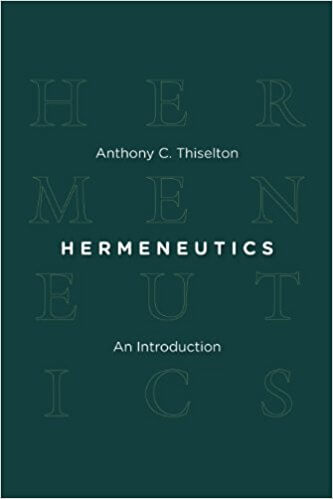
Hermeneutics is the theory of interpreting ancient texts from various cultures and societies. Hermeneutics is widely used in the modern church today to interpret the bible. The bible is the written Word Of God that was penned by multiple authors over a very long span of time. Due to the fact that The Word Of God was written in a different culture and time period certain words and phrases can be easily misinterpreted. Over the years there have been many Godly men and women who used hermeneutics to better understand the bible and, as well as the Law of Moses.
From what we understand about Hermeneutics already is that we inherited much of what we know today about biblical interpretation from our Jewish ancestors. Many methods we use today are derived from the different sects of Judaism (Thiselton, 2009). I personally do not come from a Jewish background; however I find it very intriguing to understand why there are multiple ways of interpreting the Torah or (Law Of Moses).
I have come across the Rabbinic Judaism method as being a more reliable method of interpretation the Hebrew Bible. I find Rabbinical Judaism to have a reliable method of interpretation because it does not rely on a Hellenistic point of view. Greek branches of Judaism are on a more broad range of interpretation and do not carry over the Jewish attitude of how to treat scriptures. Majority of all Jews believed that the scriptures where inspired from the Holy Spirit. Therefore scripture was to be considered wisdom sent forth from Yahweh himself.
There are however flaws in the Rabbinic Judaism method of interpreting scriptures. Rabbis in the time of Christ where not consistent in the aspect of literalistic views. Rabbis at this time conveyed that scripture was always literal. On the other hand you had other branches of Judaism that used homiletic material and even suggested that certain events that follow eschatology where more allegorical than literal. I came to my personal conclusion that the method of Rabbinical Judaism is a more trustworthy reliable method when studying ancient scriptures because I to believe that many things in the scripture that are ruled out as allegory can be a cause for promise from The Father that has not come yet.
Anthony Thiselton’s Hermeneutic: An Introduction introduces us readers to many great hermeneutic teachers who pioneered into what is modern day hermeneutics and what we now know about the study of scriptures. The very first page we are introduced to the Father of Modern Day Hermeneutics; Friederich D. E. Schleiermacher (1768-1834). Schleiermacher method of biblical interpretation draws upon multiple theories of hermeneutics. He was even had a large part in the founding of the University of Berlin (Thiselton, 2009). I value Schleiermacher work that he has done to bring hermeneutics of biblical studies to where it is now. Maybe that’s why he is called “The Father Of Modern Day Hermeneutics”, because so many others feel the same way about the work he as done to pioneer biblical studies.
Anthony Thiselton book Hermeneutics: An Introduction, has made a tremendous impact on how I study the bible. Before reading the first two hundred pages of Thiselton’s book, I had very limited understanding of interpreting the bible. I always took it for face value. I never understood the difference between allegories and metaphors. Or even that some of the book or Revelations is quite literal. From a young age I recall being taught that Revelations is a book that is simply a metaphor for what is yet to come. Revelations is certainly not a book of metaphors for what is yet to come; The Book of Revelations written by the Apostle John was very literal in terms of eschatology. Truth be told I have a better understanding of eschatology because of hermeneutics. From now on I have taken it upon myself to read the bible from a rabbi’s point of view to better understand the method rabbis used to interpret the scriptures. Despite the rabbinical methods of interpretation having minor flaws such as taking virtually everything literal. When there are many parts of scripture that are not meant to be literal but metaphorical. Which is something I have to keep in mind in when studying the scriptures.
In conclusion Anthony Thiselton has opened my eyes wide to a whole new world that I knew existed, but I had no road map to guide me through it. As of now I understand and appreciate hermeneutics more and can demonstrate my appreciation for men like Schleiermacher who is considered the Father of Modern day Hermeneutics.
Bibliography
Thiselton, Anthony C. Hermeneutics: an introduction. Grand Rapids, MI: W.B. Eerdmans Pub. Co., 2009.

